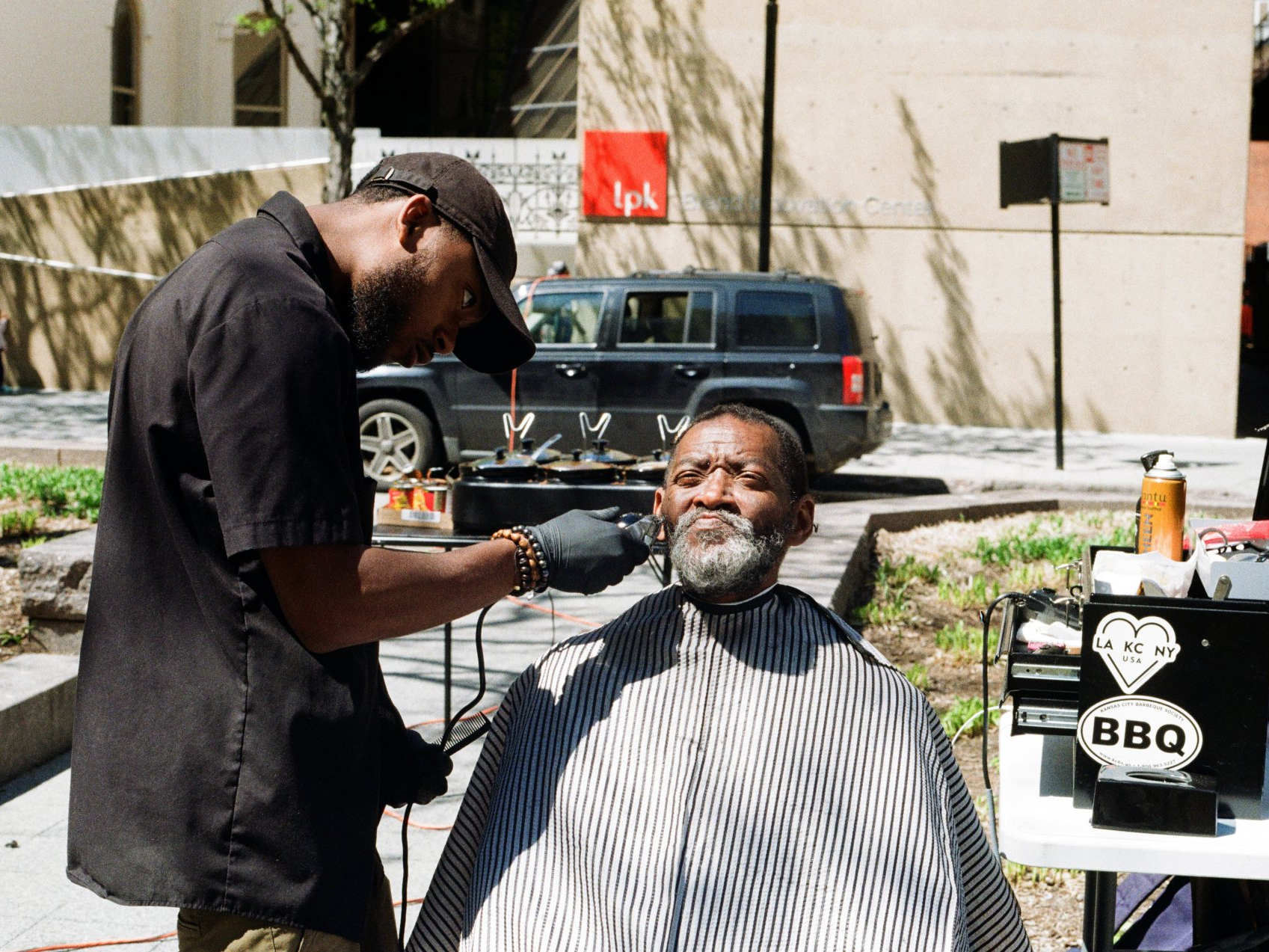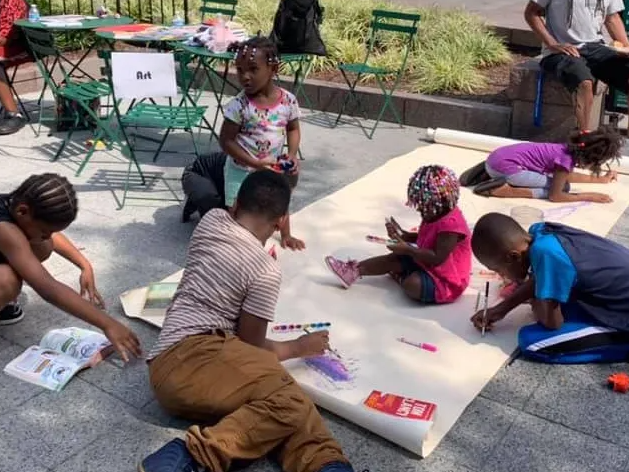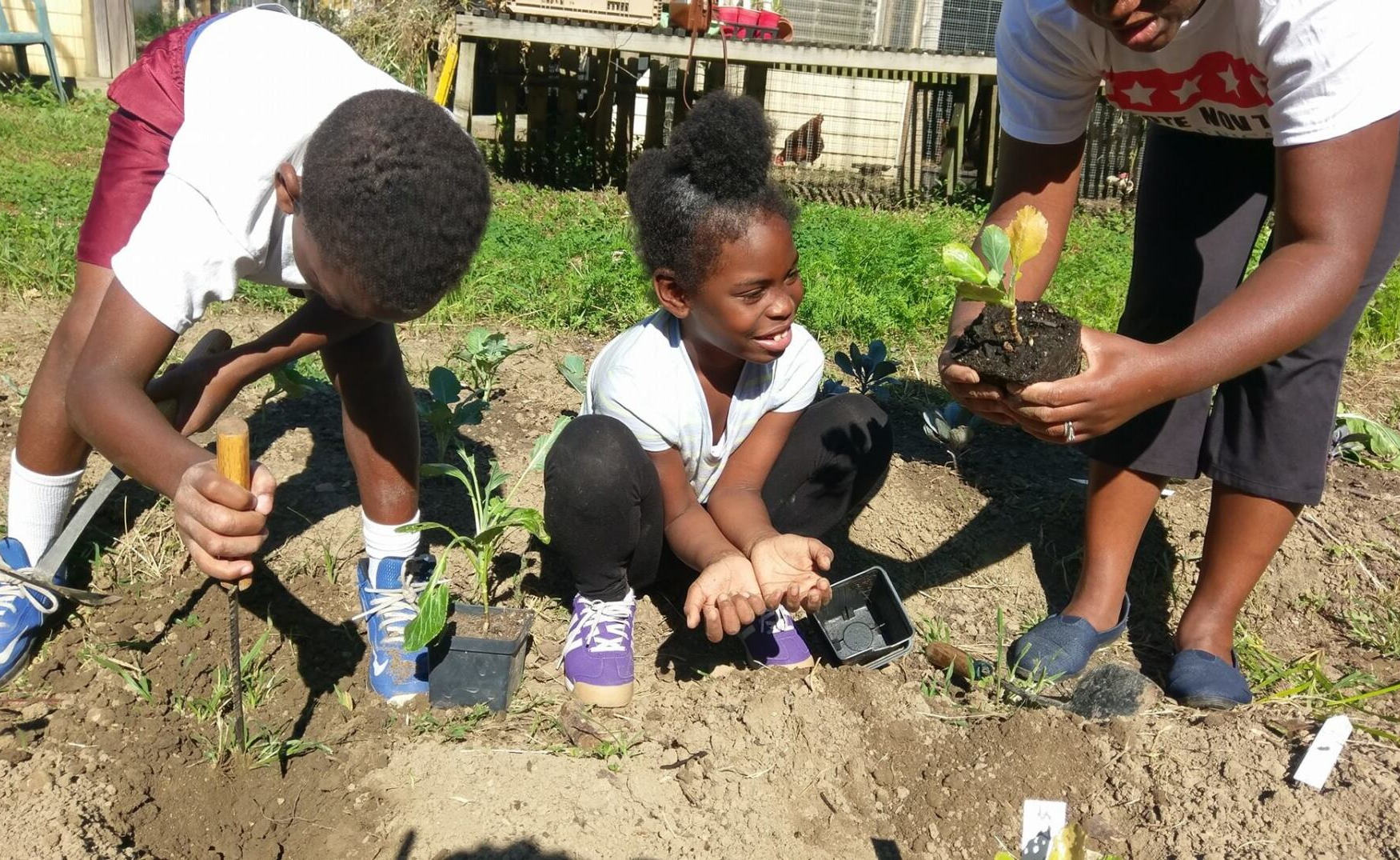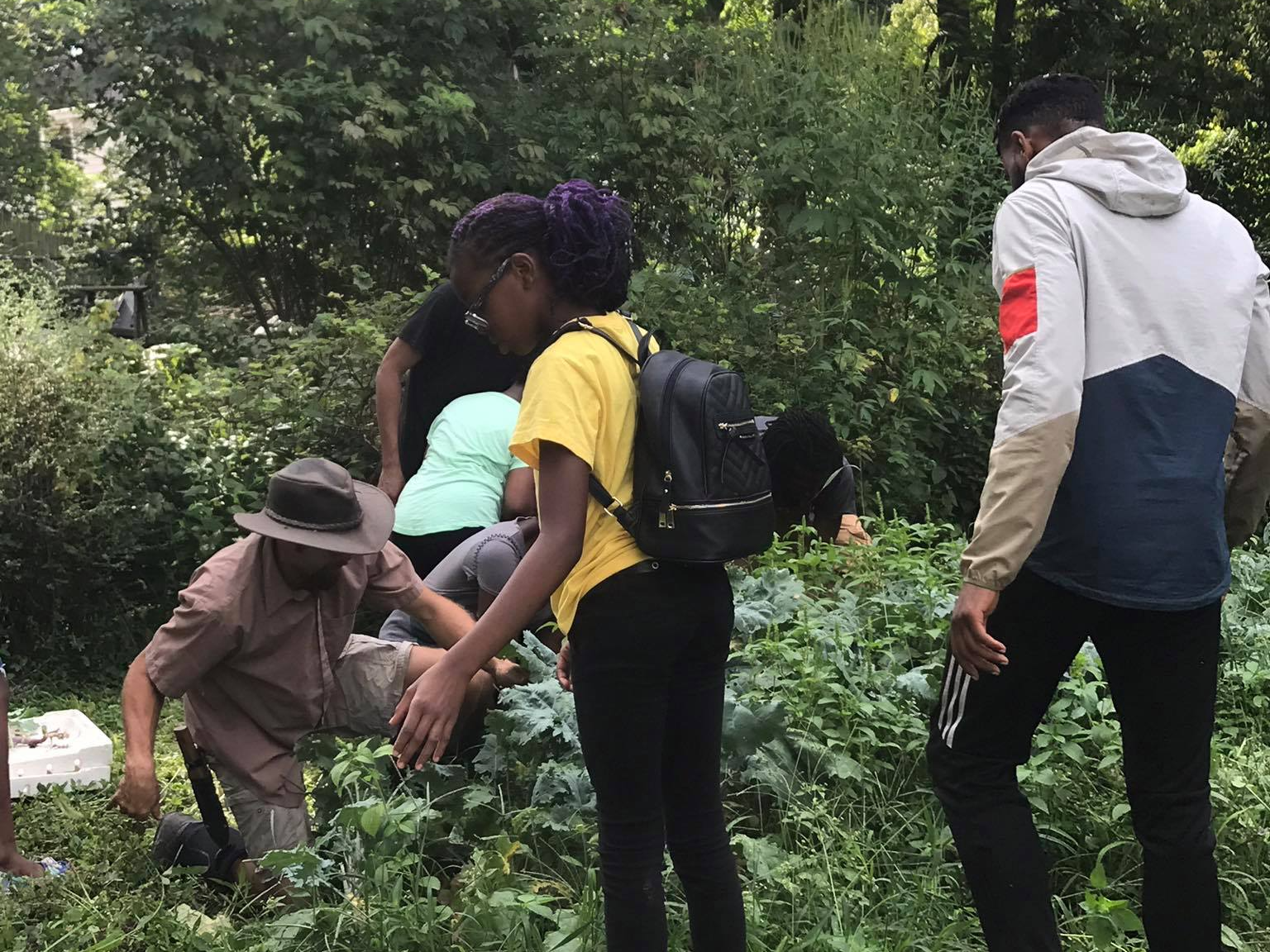We're happy you're here!
The History
Siri Imani has a deep personal history with civic engagement in Cincinnati. Through generational guidance and inspiration from her mother and her grandmother, who have done this work before her, Siri sees a future where we can live together in community with each other, where we all have equitable access to resources and mutually beneficial relationships based on respect and radical love.
Carl Houston (Pxvce) is dedicated to the reduction of poverty and stopping the school to prison pipeline within our communities through leadership development and education focused on self-sufficiency and autonomy. He sees a future for current and younger generations that is full of opportunity, creative expression, and support; by uplifting and paying respect to our past.
Jennie Wright has been involved with Cincinnati organizing and community work for 30+ years as a writer, teacher, and community leader and is currently working on writing a play called Bitch Craft. She is Siri’s mother, and s ays she knew Siri would get involved in community work when she was 13. Jennie says the spirit of community mediation and support has always been a driving force in Triiibe Foundation.

The Evolution
Current Focuses
Growth:
Triiibeworks
Growth: Youth Space
Community:
Potluck 4 the People
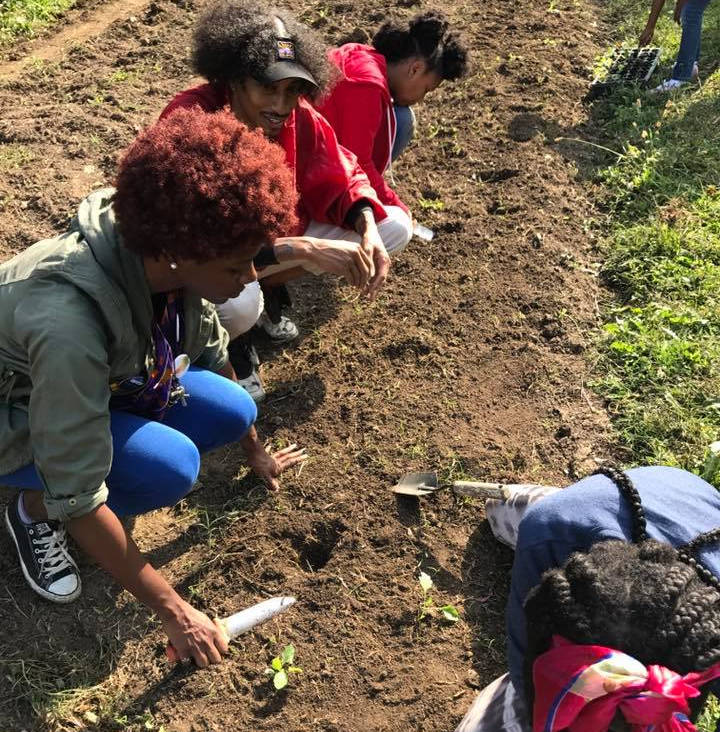
The Vision
- Changing the relationship between artists in their community.
- Leaving a pathway for others to do the same.
- Sovereignty and self sufficiency for our community.
The Mission
Introductory De-Escalation Tactics
Step 1: Decide when to get involved
Not all situations call for an intervention, said Rodriguez. “It's not a hard and fast rule, but asking yourself is someone going to be harmed, either themselves or someone else, and if the answer is no, then it probably means that you don't need to intervene,” said Rodriguez.
Rodriguez encouraged people to be aware of their identity. “Based on your identity, you might not be the best person to intervene,” said Rodriguez. In that case, they can collaborate with others to help de-escalate the situation, he said.
Step 2: Have the right mindset
When you do decide to become involved, you have to be in the right headspace, said Rodriguez. This entails being empathetic, non-judgmental and patient, he added. “Remember that this is de-escalation,” said Rodriguez. “[Imagine] walking down the stairs, not running down the stairs, not jumping off the stairs. But walking down the stairs. Be patient. Know that it's not going to de-escalate right away.” Lastly, if you decide to step into the situation, don’t leave if it gets messy. See the whole process through, he said.
Step 3: Act accordingly
Start by introducing yourself if they do not know you, said Euree Kim, who helped facilitate the workshop. When talking with the person in crisis, Rose recommends standing or sitting where the person can see you and your hands, but also being mindful of their personal space. Rose added that it is important to ask for consent when closing that distance and laying a hand on them. If it is happening in a public space where many people are watching, minimizing the audience can help de-escalate the situation. If possible, ask the person in crisis if they would like to move to a different place, said Rose.
4. Watch your words
What you say matters as much as how you say it. When addressing the person experiencing a mental health crisis, avoid using gendered pronouns if you do not know how they prefer to be identified. The importance of being attentive to the way people prefer to communicate; if they feel more comfortable writing down their thoughts instead of speaking, let them know that’s okay. Avoid being accusatory and do not invalidate or doubt their experiences.
“This happens very often,” said Kim. “For example, [phrases like], ‘I know you are doing this to drive me crazy’ [should be avoided].’” However, if they are hallucinating, do not lie and pretend that you are seeing what they are seeing too, said Kim. Most importantly, respect the person’s autonomy by asking how you can help instead of giving advice, said Kim.
